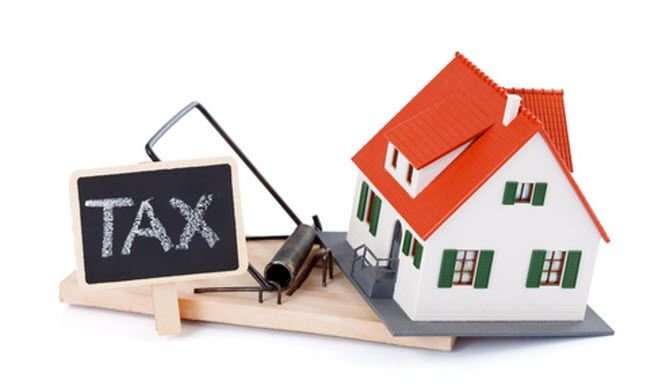
Sri Lanka Housing Tax on Imputed Rents Starts April 2025
Sri Lanka to Implement Housing Tax on Imputed Rents Under IMF Deal
Sri Lanka is set to implement a tax on owner-occupied and vacant residential houses based on imputed, or ‘imaginary,’ rents starting in April 2025. This move, part of an agreement with the International Monetary Fund (IMF), follows the country’s default on sovereign debt due to aggressive macroeconomic policies.
The imputed rents will be calculated using a nationwide digital Sales Price and Rents Register (SPRR), to be established by March 2025. This register will serve as a key resource for assessing property values and determining the imputed rental income tax. A provisional SPRR is expected by August 2024, along with a comprehensive database on property valuations, including assessed values and property types across municipal councils.
To facilitate the accurate assessment of these taxes, Sri Lanka will amend the Notaries Act by April 2025, enabling automatic data-sharing of notarized real property contracts with the digital SPRR. The tax system will include an exemption threshold for small houses, with progressively higher rates for more valuable properties, aiming to make the tax structure progressive.
This initiative is seen as critical for sustaining revenue mobilization efforts in Sri Lanka. The government anticipates that the imputed rental income tax will contribute an additional 0.15 percent to the revenue-to-GDP ratio. Additionally, municipal councils are expected to benefit from increased revenue through the doubling of a tax on property leases from 0.1 to 0.2 percent.
However, the tax on housing comes amid existing challenges in the construction sector, including high protectionist taxes on building materials. While the IMF program supports trade liberalization, these constraints continue to hinder housing development.
Imputed rental income taxes, like other wealth-style taxes, require payment without corresponding cash flow, unlike taxes on actual income. Actual rental incomes are already subject to income tax. Critics argue that areas with high property tax rates, such as Baltimore in the US, have seen declining populations and reluctance among owners to refurbish houses due to the higher tax burden.
Sri Lanka narrowly avoided broader property taxes due to constitutional constraints on revenue sharing between local and central governments. The new tax targets individual incomes rather than real property itself, aligning with constitutional requirements.
Currently, Sri Lankans already pay local government ‘rates’ based on assessed property values, many of which have not been adjusted to reflect recent currency devaluations. Unlike value-added taxes, which are less perceptible to the public, income-style taxes are felt more acutely and can dampen economic activity by being levied before any productive transactions occur.
An advantage of such taxes is that they highlight the financial burden of a large government, potentially spurring public demand for spending-based fiscal consolidation. Sri Lanka’s past experience with wealth taxes led to economic stagnation, prompting their eventual replacement with value-added taxes.
The introduction of progressive income taxes has been cited as a factor in Sri Lanka’s brain drain, with many citizens seeking employment in more stable economic environments, particularly in the Middle East. The country has implemented a series of tax hikes, including increases in value-added and income taxes, to finance an oversized state apparatus, exacerbated by serial currency crises and external borrowing.
Sri Lanka’s fiscal strategy under the IMF program aims to raise revenues to 15 percent of GDP without reducing government spending. This approach follows a history of monetary policy failures, including the suppression of interest rates through money printing, which has repeatedly driven the country into economic crises.
Taxing non-existent incomes and savings risks creating reform fatigue and political backlash, potentially ousting reformist administrations. While raising taxes is essential, it cannot substitute for monetary stability, as demonstrated by the repeated failures in Latin America and Sri Lanka itself.
Sri Lanka’s central bank managed to curb inflation in September 2022, leading to a balance of payments surplus and currency appreciation. However, analysts warn that any future interest rate cuts enforced through liquidity injections could reignite monetary instability.




Leave A Comment